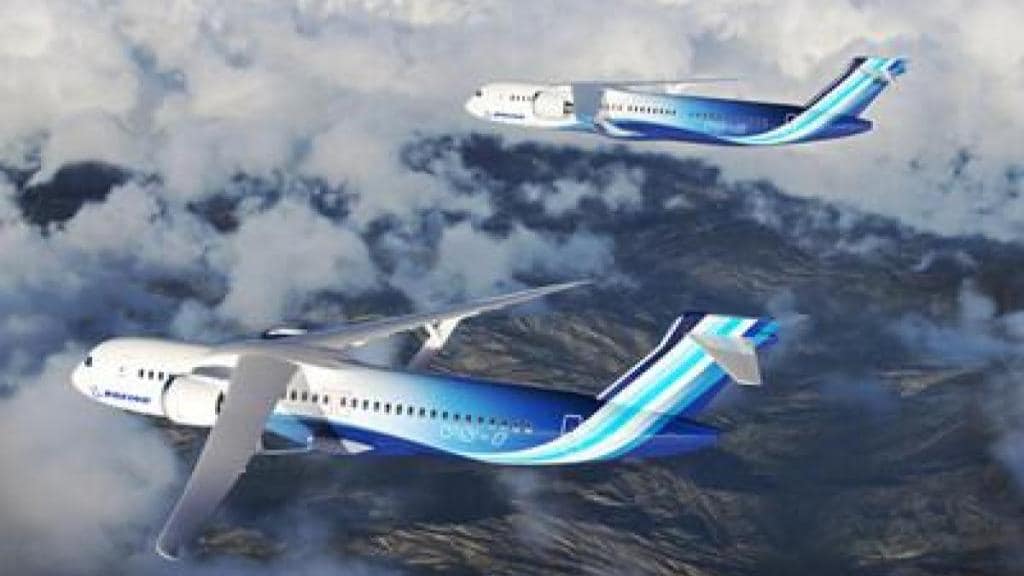Boeing is once again under scrutiny as Italian authorities have launched a criminal investigation into two Italian aerospace suppliers for allegedly providing substandard parts used in the Boeing 787 Dreamliner’s manufacturing process.
The allegations, first reported by Italian newswire Ansa, claim that these firms substituted critical titanium and aluminum alloys with inferior materials, raising serious questions about the safety and integrity of Boeing’s supply chain.
The investigation comes at a time when Boeing is already grappling with reputational damage and financial challenges after years of operational missteps, including the infamous 737 Max crisis. This latest scandal involves two Brindisi-based companies that supplied structural components to Leonardo SpA, a key contractor for Boeing. The two companies allegedly replaced titanium alloys—renowned for their strength and durability—with pure titanium, which is more prone to fatigue and corrosion, and also substituted high-grade aluminum with substandard alloys.
A Symptom of Deeper Supply Chain Weakness?
While the companies involved remain unnamed, the accusations have already sent shockwaves through the aerospace industry, which is still recovering from the global slowdown caused by the pandemic. For Boeing, the revelations strike at the heart of its longstanding reliance on a complex, global supply chain. The 787 Dreamliner is famed for its cutting-edge design, which incorporates advanced composite materials and specialized metals like titanium alloys to reduce weight while maintaining structural integrity. Any deviation from these specifications could lead to long-term safety concerns.
“The use of non-compliant materials is a catastrophic breach of trust between Boeing, its contractors, and the flying public,” said one aviation industry expert. “These allegations suggest that Boeing’s multi-tiered supply chain, which spans the globe, might not have the necessary controls to ensure that all parts meet stringent safety standards.”
The probe into Boeing’s Italian suppliers could result in not only fines but also severe legal ramifications for all parties involved, casting a dark shadow over the already embattled 787 program.
Past Missteps Add to Mounting Pressure
This is not the first time Boeing has faced serious issues related to its supply chain. The 737 Max crisis, which involved faulty software that contributed to two fatal crashes, already strained the company’s relationship with regulators and the public. Boeing was forced to ground its entire fleet of 737 Max jets in 2019, suffering massive financial losses, reputational damage, and a host of lawsuits.
Boeing’s 787 Dreamliner, once hailed as a symbol of the company’s technological prowess, has also faced its fair share of problems, including battery fires, production delays, and quality control issues with parts manufactured by third-party suppliers. Despite efforts to ramp up quality oversight, this latest scandal suggests that Boeing’s measures may not have gone far enough.
Investors have reacted with growing unease. Boeing’s shares, already volatile due to ongoing concerns over demand for commercial aircraft, could take another hit. With the aviation industry under pressure to rebound from the pandemic-induced slowdown, these fresh concerns may deter airlines from committing to Boeing’s 787 Dreamliner program, which was once seen as a major revenue driver.
Regulatory and Legal Headwinds
Boeing’s troubles are not just confined to supply chain management. This scandal could trigger further scrutiny from regulatory bodies such as the Federal Aviation Administration (FAA) and the European Union Aviation Safety Agency (EASA), both of which have ramped up their oversight of aerospace manufacturers in the wake of the 737 Max crisis. Any potential defects linked to the Dreamliner’s structural integrity could lead to a ripple effect of groundings, inspections, and additional costs for Boeing.
“Compliance failures of this magnitude could be career-ending for senior executives if it’s found that oversight was lax,” said one aviation legal expert. “Boeing may face class action lawsuits if it’s proven that safety was compromised, not to mention the damage to its already fragile credibility.”
The broader implications for the aerospace sector are equally grim. The aerospace industry has historically relied on a decentralized model, wherein critical components are sourced from specialized firms around the world. This model allows for innovation and cost savings but leaves manufacturers like Boeing vulnerable to quality control failures, as this latest investigation highlights.
Boeing’s Future in Question
For Boeing, the path forward is uncertain. The company has yet to fully recover from the twin blows of the 737 Max crisis and the COVID-19 pandemic, which devastated global air travel and forced airlines to defer new aircraft orders. While Boeing has introduced sweeping reforms to improve quality control and management oversight, the cracks in its supply chain are showing once again.
With the Dreamliner program under the microscope, Boeing faces an uphill battle to reassure regulators, investors, and customers that it can maintain the safety and reliability of its aircraft. Should this investigation lead to further revelations of mismanagement, Boeing may find itself embroiled in another costly and damaging crisis, one that could shake its position as a leader in the global aerospace industry.
In an industry where safety is paramount and trust is everything, Boeing cannot afford to fail again.


